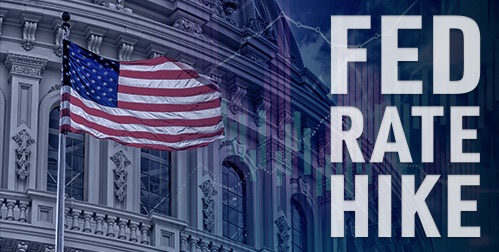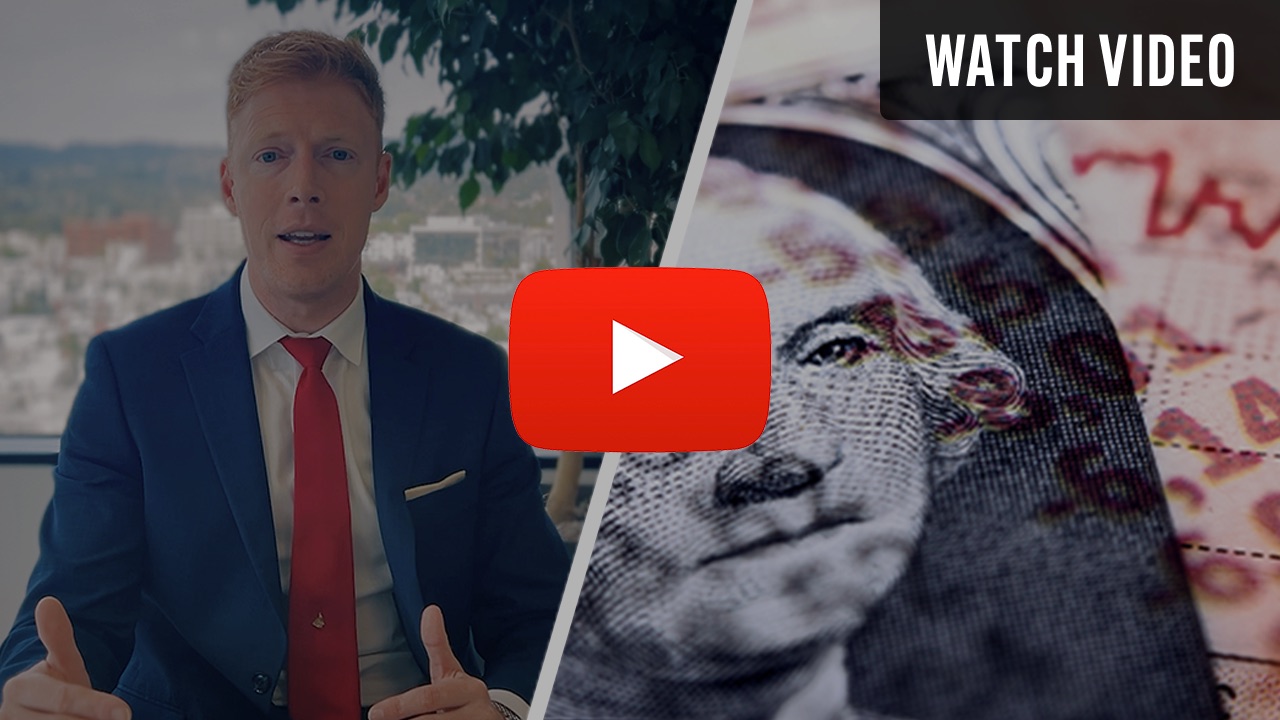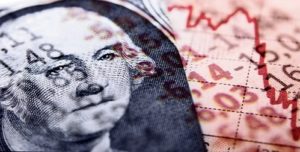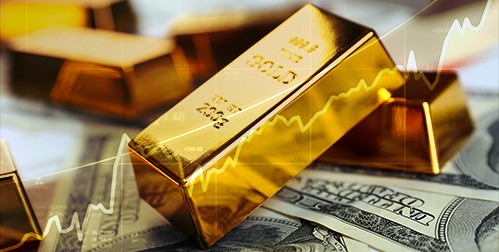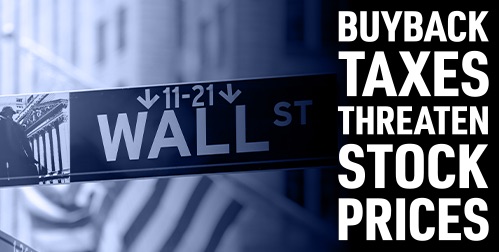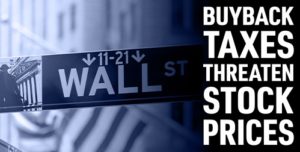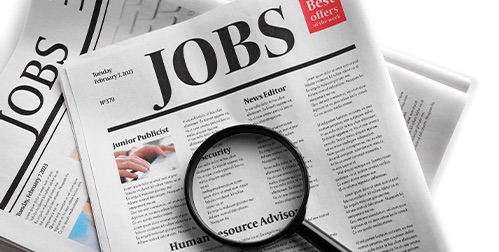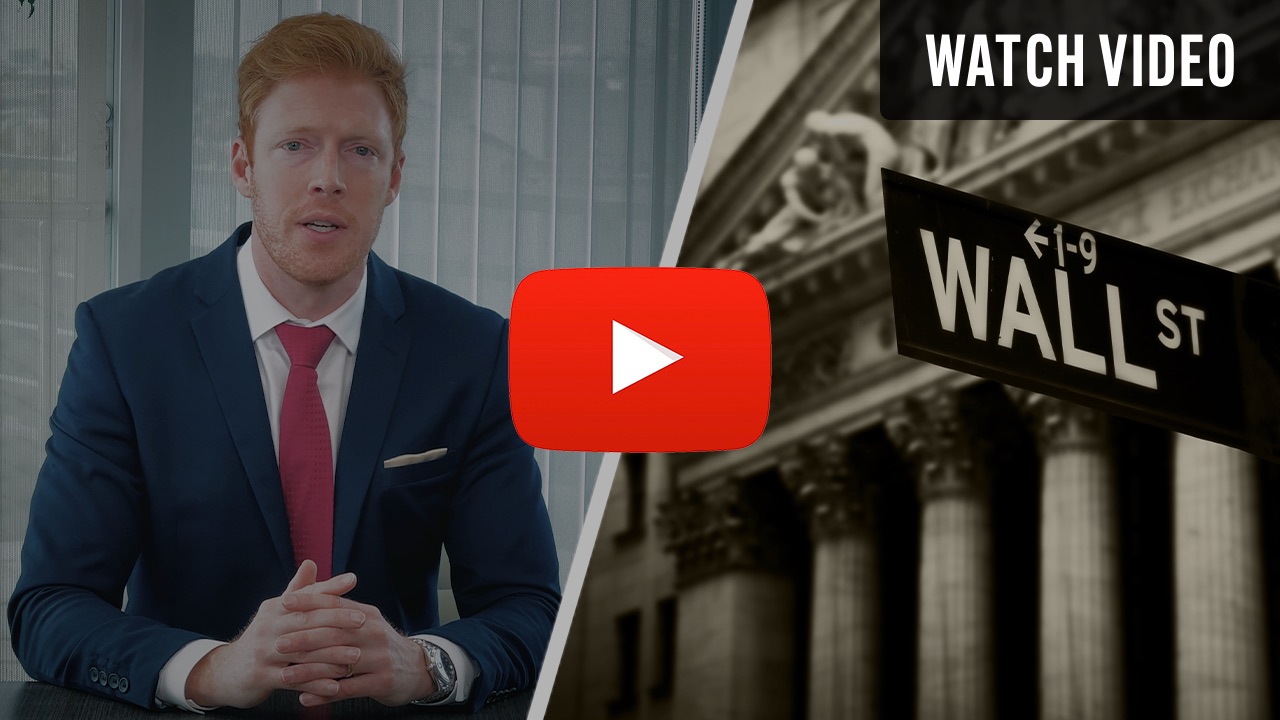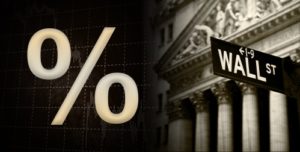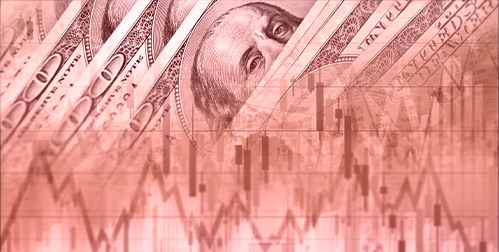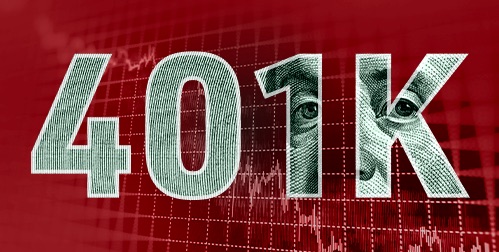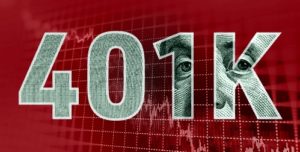- The Federal Reserve meeting minutes show a debate over how high to raise rates
- Some Fed members want rate hikes to go higher, longer due to jobs and inflation data
- Since hikes negatively impact stocks, investors should act soon to protect their funds
The Fed Rate Debate
Right now, there is a heated debate within the Federal Reserve about interest rates. The argument isn’t over whether to raise interest rates. Instead, it is about how high they should be raised and for how long. Whatever they decide, rates are going up in a few weeks and retirement portfolios are going to suffer. Which means there is only a brief window of opportunity to protect yourself.
The Federal Reserve raised its benchmark overnight interest rate by a quarter of a percentage point in its Jan. 31-Feb. 1 meeting. This was seen as signaling a return to a more standard rate-hike size. Especially after a year of consecutive 75-basis-point and half-percentage-point increases. Officials stressed inflation is still too high even as it seems to be trending down. It remains well above the Fed’s 2% target. Fed meeting minutes point to labor markets as the cause. They “remained very tight, contributing to continuing upward pressures on wages and prices.”1
Most analysts do not see the Fed returning to larger half-percentage-point increases. But they do anticipate the central bank moving rates higher than previously expected. And they see them staying elevated for longer. Several Fed members believe ongoing rate hikes will be necessary.
The previous quarter-point hike received unanimous approval. However, the Fed minutes noted that not everyone was on board. A few members said they wanted a half-point hike that would show even greater resolve to get inflation down. Especially since the core inflation measure is expected to have increased to 0.4% from 0.3%. In addition, recent economic reports showed robust retail sales, stronger-than-expected producer prices and consumer prices that are not slowing by as much as forecast. Fed members are ready to risk recession to bring those numbers down.
St. Louis Fed President James Bullard said, “It has become popular to say well let’s slow down and feel our way to where we need to be. But we still haven’t got to the point where the committee put the so-called terminal rate.” Meanwhile, Fed Chair Powell expressed that their actions will be based on the latest data. “It could certainly be higher than we’re writing down right now,” Powell said. “At the same time, if the data comes in, in the other direction, then we’ll make data dependent decisions at coming meetings.” In simpler terms, the debate within the Fed is far from over. 2
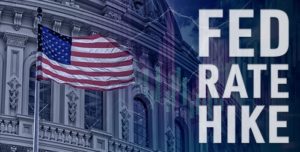
Act Now
The market is attempting to price in the rate hikes. But uncertainty is increasing with hotter than expected jobs and inflation reports. Stocks are struggling for direction. They have already lost more than half of this year’s rally. If history is any guide, markets are poised for a big double drop. First, when the new inflation data comes out on March 14th. And second, a week later on March 22nd when the new rate hikes are announced.
This means there is still time to act before retirement funds get hit. Diversifying funds with precious metals can protect against inflation and high interest rates. Investors are under a deadline to preserve their wealth. Don’t wait while the Fed debates. Contact us today to learn how a Gold IRA can help you.

